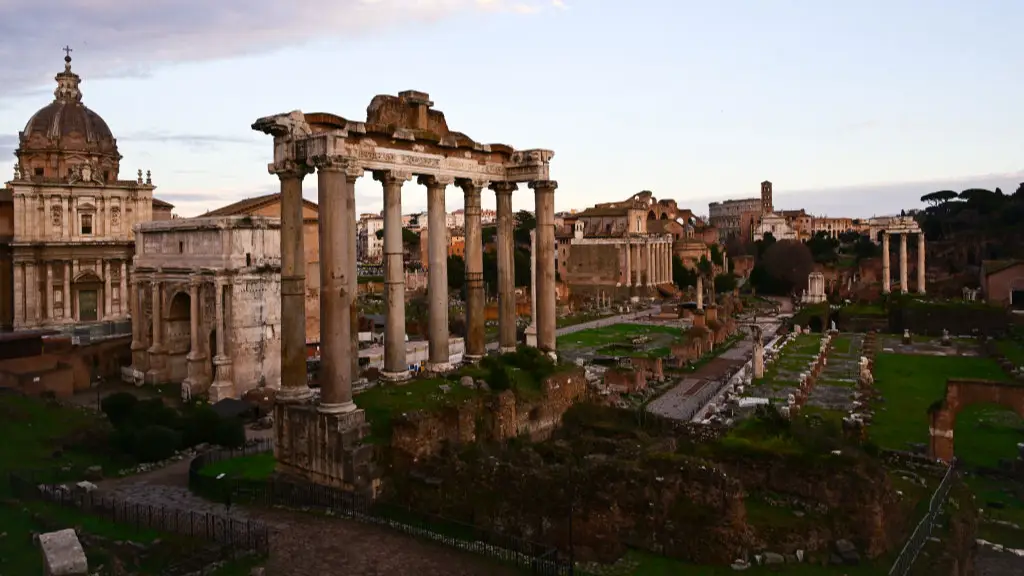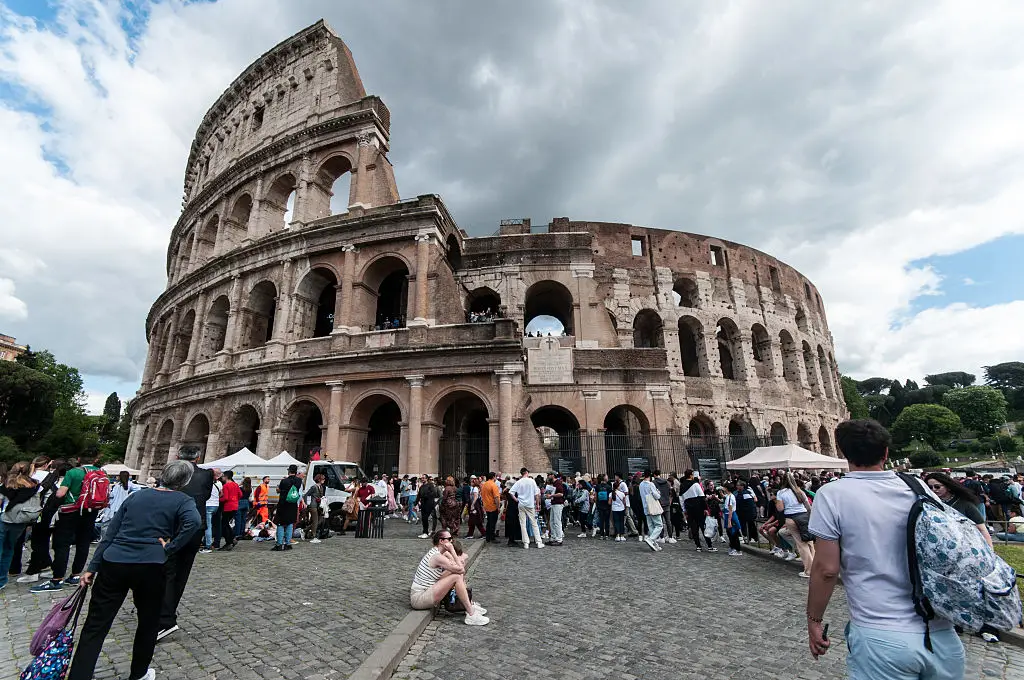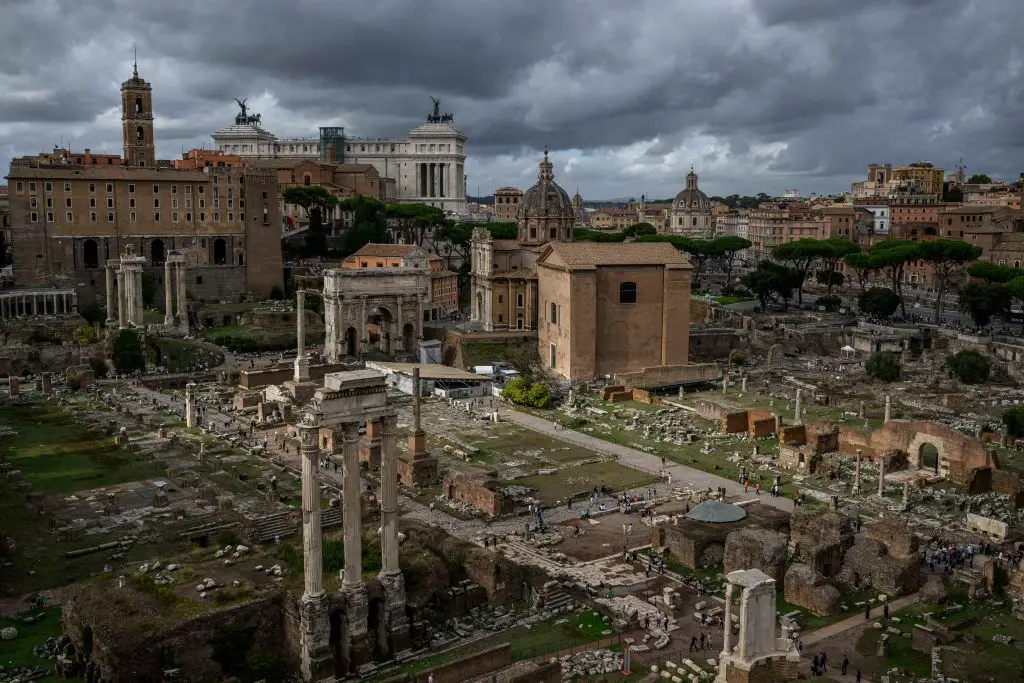
For years now the fall of the Western Roman Empire has been a subject of debate among historians.
Many of the theories behind the fall of the Western Roman Empire are fittingly epic for such a global power, including invasions from Germanic tribes, failing military strength and widespread corruption. But, the latest theory among historians is a little less epic. They got cold.
Just to clarify, it's not like they all forgot their coats and dropped dead. Scientific evidence suggests that there may have been a little ice age around the time of the fall of the Roman Empire, which could have been the catalyst to their collapse, and just one of multiple factors that brought about the Western Roman Empire's demise.

Advert
The sixth-century environmental event is known as the Late Antique Little Ice Age (LALIA). Essentially it is a period of cooling, initiated by a series of massive volcanic eruptions in 536, 540, and 547 CE.
The eruptions released sulphate aerosols into the atmosphere, reducing solar radiation and causing global temperatures to drop by as much as 2°C.
"When it comes to the fall of the Roman Empire, this climate shift may have been the straw that broke the camel’s back,” said Prof Tom Gernon from the University of Southampton, who co-authored new research on the topic, told the Telegraph.
"The Roman Empire was likely already in decline when the Little Ice Age began. However, our findings support the idea that climate change in the northern hemisphere was more severe than previously thought.
“Indeed, it may have been a primary driver of major societal change, rather than just one of several contributing factors."
Amazingly, University of Southampton scientists realised the little ice age was more severe than they initially thought after finding rounded rocks on the beaches of Iceland's west coast.
They theorised they must have been carried by icebergs over from Greenland - hence meaning it must have gotten pretty chilly.
This comes after researchers analysed ice cores taken from Greenland and Antarctica.
These cores preserve layers of ice formed year by year, acting like natural time capsules. Within the layers dating back to the mid-sixth century, scientists found high concentrations of sulphate particles, a telltale sign of volcanic activity.

While the Roman Empire might have been one of the most powerful forces in history, political instability, economic fragmentation, and military pressure from outside groups had already weakened the state.
This made it likely that when climate shocks disrupted food supplies and public health, the empire’s fragile systems began to break down.
The Western Roman Empire was already suffering since the sack of Rome in 410, as well as political issues. But with widespread darkened skies, crop failures and colder winters, it seems it combined into something that was strong enough to take on the might of Rome itself.
Over the years there has also been evidence of changes to trade routes during this period, as well as multiple abandoned settlements found within the Western Roman Empire, all providing further evidence that something crippled the empire.
Interestingly, the Eastern Roman Empire showed more resilience during the same period. Some regions of the east were less affected by the volcanic cooling, or they had stronger systems to adapt to environmental stress.
Recent studies suggest that trade continued in the Eastern Mediterranean, and some cities even grew in population during the sixth century.
